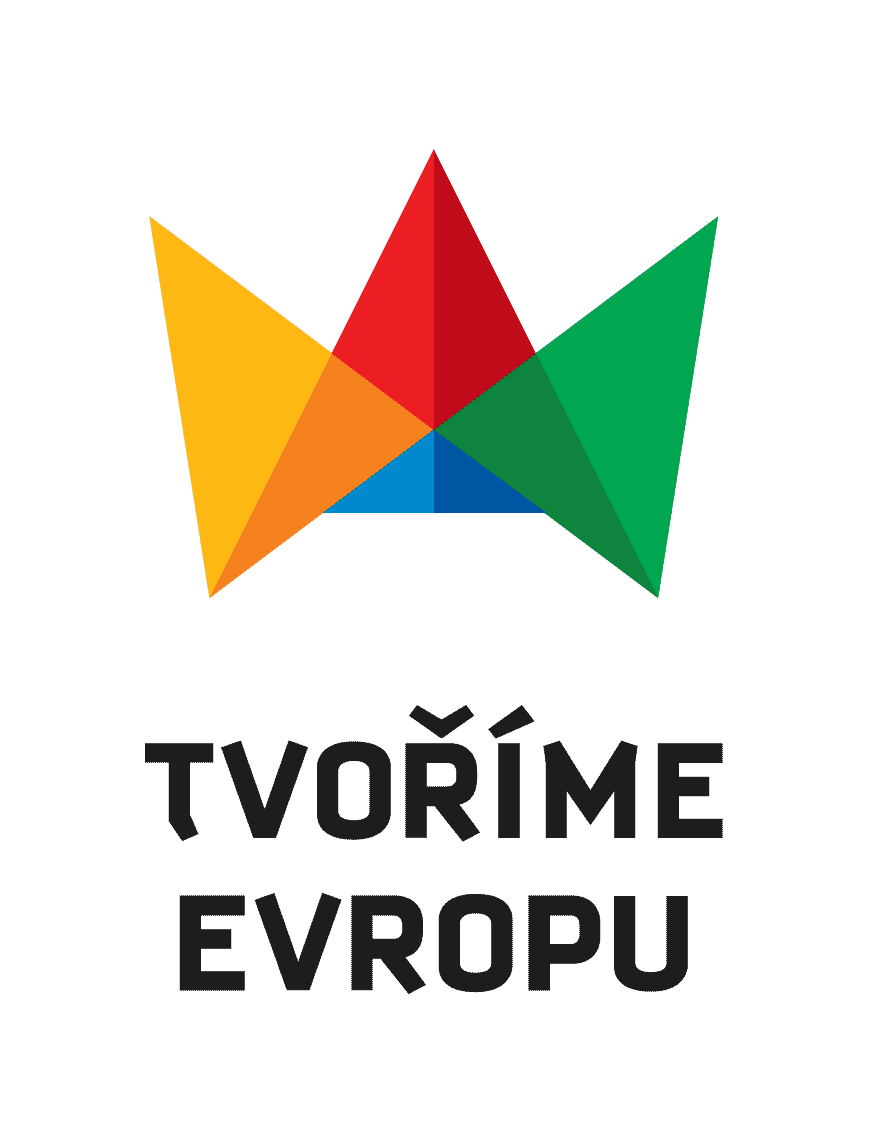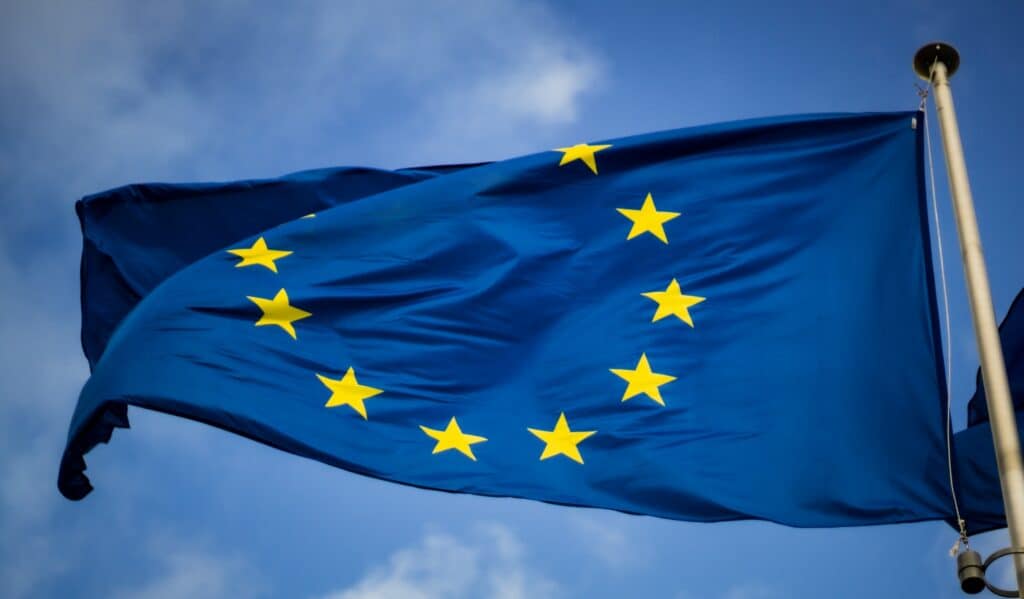01.12.2020
Office of the Government
At its meeting on Monday 30 November, the Andrej Babiš cabinet approved the specific form of rules for partial easing of anti-epidemic measures effective starting Thursday 3 December. It decided to free up further funds to aid domestic business owners and to purchase further vaccines for COVID-19. It also approved a draft act to allow free voluntary inoculation against COVID-19 for all clients of Czech health insurance companies.
The government already announced changes to the crisis measures associated with Thursday’s shift of the Czech Republic to level 3 of the PES anti-epidemic system following its special meeting on Sunday. Today it approved their definitive wording. Starting Thursday 3 December, all shops and services will be allowed to open under clearly defined conditions, including restaurants, casinos, sports and swimming facilities, and zoological gardens or museums and galleries will also be able to allow visitors onto their premises. Amateur sport competitions will be able to start under strict conditions and without spectators, and now ten people will be permitted to gather in one place indoors and fifty outdoors. The night-time curfew is being lifted, as are the bans on Sunday shopping and consuming alcohol in public. Cable cars and ski lifts will remain closed to the public.
Starting Monday 7 December, the remaining years of secondary schools will also be allowed to return to school, but under the condition that classes will alternate weeks of regular attendance and remote instruction. Starting Saturday 5 December, the visiting rules at social service facilities will change. In addition to the current exemptions, family members will be allowed to visit if they undergo an antigen test for COVID-19 upon arrival, or if they present a valid PCR test or document attesting to having recovered from COVID-19 in the past 90 days.
The government also took under advisement the measures of the Ministry of Health. The first deals with the conducting of antigen tests for COVID-19 on teaching staff if they express an interest, the second governs the wearing of face masks for athletes – on outdoor sports grounds all active athletes will be exempted, indoors only professional athletes. Minor adjustments were also made to measures for foreigners entering the Czech Republic.
The government also took up further support for segments of the economy and society hit by the repercussions of the coronavirus crisis. It approved freeing up as much as CZK 2.3 billion from the government budget reserves for the National Sports Agency for the „Sport Restart“ aid programme for sports organisations. The funds will be used to preserve sports infrastructure, in particular for supporting investments in sports infrastructure, restarting Czech sport stifled by the government’s crisis measures, and minimising the impact of the COVID-19 pandemic. The programme will support projects for both professional and amateur sport, including sport for the disabled.
More funding will also go to the subsidy programmes administered by the Ministry of Industry and Trade. Up to CZK 400 million will go to topping up the Care Benefit II programme for the self-employed, up to CZK 100 million for the newly launched Smart Parks for the Future programme, intended among other things for brownfield regeneration projects and supporting the circular economy, and up to CZK 200 million for the programme Czech Rise Up 2.0. Under it a new call will be announced for Czech Rise Up 2.0 – Technology to support the creation of new and highly innovative projects that above all help address the socioeconomic consequences of the pandemic.
The government also took up several legislative proposals, with the majority of changes also relating to the impact of the coronavirus pandemic. An amendment to the Act on Non-Medical Healthcare Professions allows for broader use of medical students at healthcare providers in necessary cases, including as practical nurses. Eligibility to perform the position of practical nurse would now also be recognised for students majoring in General Medicine after completing eight semesters and completing the exam for the subject Nursing or Care for the Ill or a similar subject. Up until now, medical students had only been able to perform the auxiliary professions of orderly or attendant.
The proposed amendment to the Act on Municipalities, on Regions and on the City of Prague is meant to allow meetings of regional and municipal assemblies and councils to meet remotely during a pandemic or other serious risk, including the possibility of remote voting. This practice did not yet have support in the legislation, although it is already being utilised. Details can be found in the Interior Ministry’s press release at https://www.mvcr.cz/clanek/posileni-pravni-jistoty-obci-a-kraju-pravo-na-distancni-jednani-zastupitelstva-bude-upravovat-zakon.aspx (in Czech language).
The government is proposing adopting a new act on the distribution of medicinal products containing vaccines for inoculating against COVID-19 and on compensation for damages caused to vaccinated persons and a related amendment to the Act on Public Health Insurance. This legislation governs payment of vaccination against COVID-19 under public health insurance, including the relevant vaccine, so that vaccination for all clients of the Czech public health insurance system is fully covered under health insurance, and thus completely free for all insurance clients. It also addresses cases where this vaccination causes the inoculated person some form of damage to their health. In such cases, compensation would be governed by the same rules as in the case of other mandatory vaccinations.
The government also approved the Ministry of Health acceding to another two agreements between the European Commission, representing the EU Member States, and the producer of a candidate vaccine against COVID-19. Specifically these are the company Janssen Pharmaceutica and a consortium of Pfizer Inc. and BioNTech Manufacturing GmbH, with whom the European Commission concluded a binding preliminary contract on supplying vaccines. In the case of successful completion of development, the Czech Republic has so far arranged doses for two million people from each of the two producers.
Cabinet also approved two draft amendments which would alter the rules for the Czech prison system due to the pandemic. The amendment to the Act on the Prison Service of the Czech Republic is meant to allow for members of the Czech police force to be called in to serve at jails in the case of a staffing crisis caused by the pandemic. Amendments to the acts on serving custody, on serving a sentence of imprisonment, and on serving protective detention are meant to allow imprisoned persons to receive more than the legally stipulated number of packages for a given period during the special measures limiting contact with relatives.
The government will also send to Parliament a draft amendment to the act on several modifications in the field of employment in connection with the extraordinary measures during the epidemic in 2020 and the Employment Act allowing measures taken with the last change to the Employment Act to be extended beyond 31 December 2020. These measures allow exemptions in the time of the pandemic for providing evidence of certain legally required facts or temporarily change the conditions for providing contributions to support the employment of persons with disabilities in the sheltered labour market and contributions under the targeted programme to address employment.
As a result of the coronavirus crisis, cabinet once again altered the government order on implementation of certain provisions of the Investment Incentives Act. It will now also be possible to use investment incentives to support smaller companies that want to invest in the production of selected products of strategic significance for protecting the life and health of citizens in extraordinary situations in the Czech Republic. The obligation to meet the condition of a higher added value, the condition of a minimum investment of half a billion CZK and the condition of creating at least 500 jobs will not apply for such investors.
Autor: Euroskop

